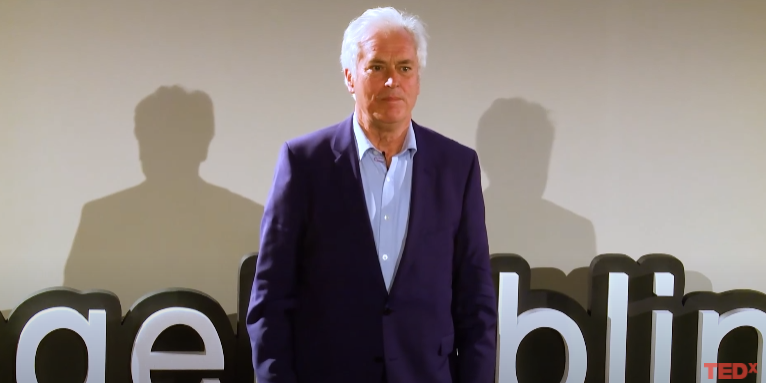What are the key differences between people who can, and can’t, turn stress into benefit?
“”
- A feeling of control: People who feel they have some control over their lives, no matter the circumstances, are far more resilient. They tend to look at stress as a challenge to conquer and not a threat to fear. They are more likely to say, “I can control many things that are happening in my life,” instead of “many events in my life happen by chance.” The feeling of control appears to reduce the amount of the toxic stress hormone cortisol in the brain. This is significant because high doses of cortisol over your lifetime can shrink your hippocampus – your brain’s memory center.
- How to get it: Reflect on a time when you felt in control. Or take a more physical approach and fake it till you make it. Take a confident stance – hold your head high, pin your shoulder blades back and spread your arms in a relaxed, space-occupying position. Striking a power pose for one or two minutes raises both testosterone levels, in men and women, and the feel-good chemical, dopamine, in your brain.
- The will to go on: As Billy Ocean said in 1986: “When the going gets tough, the tough get going.” People who overcome traumatic events can get through the tough times even when they aren’t sure of their goals. Sticking one foot in front of the other, the sheer grit of “going on,” is a key ingredient for those determined to find the positive among the terrible. The sheer will to go on switches on the brain’s left hemisphere – the reward-seeking set of brain circuits underlying goal-seeking – to override the brain’s anxiety-prone right hemisphere. If left unchecked, the right hemisphere can pull us into paralyzing rumination. Going on means retreating less.
- Here’s how to do it: Whether you are anxious about a difficult conversation, a big presentation or some greater challenge, lightly squeeze your right hand for 45 seconds or so, relax for 15, squeeze again for 45 seconds, relax for 15 seconds and so on, while you are waiting to begin. This boosts activity in the left-front part of your brain, which increases your inclination to approach the future - and to go on.
- Self-awareness: Self-awareness can build personal resilience in stressful situations. People who take time every now and then to step back from the daily grind to reassess their situation, and their sense of self, are more likely to cope positively with stress. Exercising self-awareness can be a painful process, and many people find subconscious avenues to avoid it, including throwing themselves into work, drinking excessively or compulsively exercising.
- How to become more self-aware: Make time to clear-mindedly assess your strengths and limitations. Taking time to self-reflect and gain perspective activates the brain’s right frontal lobe, releasing noradrenaline – a powerful chemical that can build the brain’s gray matter and give us the mental strength to solve new problems better.
- The ability to depersonalize: People who can rethink stressful situations and depersonalize the chain of events are able to lower activity in the parts of the brain that produce fear and anger. In other words, they tend to take things less personally.
- How to do it: Practice being aware of your emotions and think about why you feel that way. Often, your emotional response is not based on logical facts. Reinterpreting distress as something other than a personal attack is a powerful tool that redirects brain activity from the emotional centers in the amygdala to the brain’s thinking and problem centers in the frontal lobes.
- The ability to reinvent themselves: In the presence of self-awareness and self-reflection, those who have proven resilient to stress show an ability to adapt to new circumstances. Reinventing yourself may be as dramatic as reimagining your life as an artist – after losing your dominant hand – or as simple as recovering from an unpleasant exchange with a coworker.
- How to do it: Contemplate ways in which you can take advantage of your strengths and adjust for your limitations. Coping with the reality of a situation, and focusing on a way forward, can act as mental stimulation that builds cognitive strength.
How much stress is too much stress?
“”



